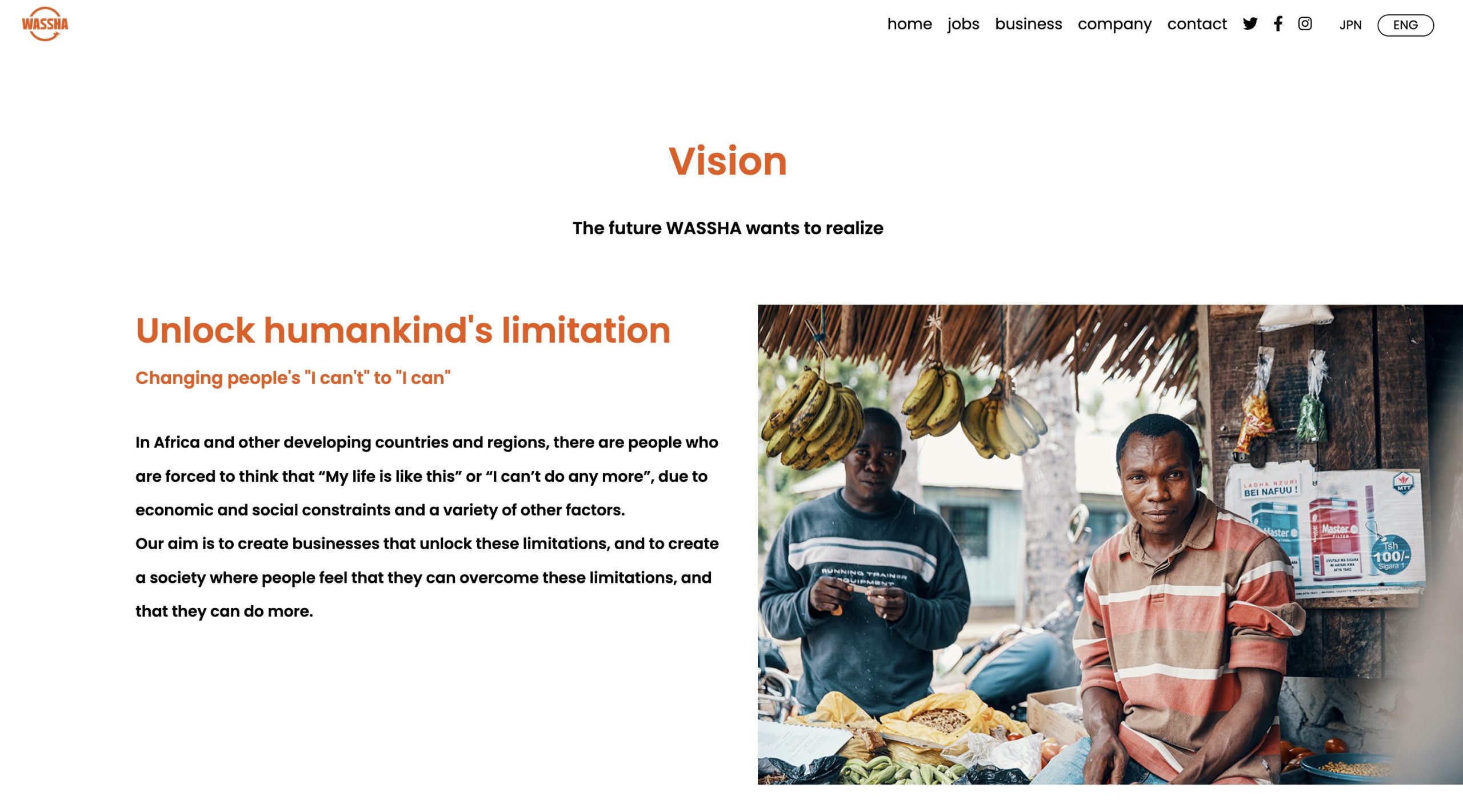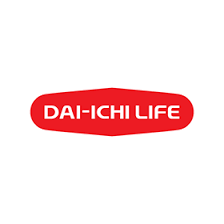Wassha raises $8.2 million
Tokyo-based Wassha , building a retail platform by networking local kiosks in rural Africa, announced that it has raised $1.14 billion yen (about $8.2 million US) in a series C round. Dai-ichi Life Insurance, Daikin Industries, Mistletoe Japan, Yamaha Motor, and the University of Tokyo Edge Capital Partners (UTEC) participated in this round.

UTEC also participated in Wassha’s series A and series B rounds while Daikin Industries, Mistletoe Japan, and Yamaha Motor follow on their investments from the startup’s series B round. The latest round brought their funding sum up to date to approximately 3.5 billion yen (about $26 million yen).
Wassha was founded in November of 2013 under its previous name of Digital Grid. The company first started its business with a prepaid solar power delivery service to off-grid areas. In this service, solar panels and rechargeable batteries are installed at affiliated kiosks in rural villages without electricity, and LED lanterns, radios, tablets and other household appliances are provided for rent free of charge. The kiosk rents these appliances to village residents who visit the kiosk and pay fees by mobile to return an empty battery and receive get a charged one on a daily basis. recharge their batteries and pay fee the residents by mobile payments.
Daikin Industries, Mistletoe Japan, and Yamaha Motor – announced that each of them would collaboratively work with Wassha when they previously announced their participation in the series B round. With Daikin Industries, Wassha has jointly developed a subscription-based air conditioner rental business in developing countries through Baridi Baridi, a joint venture of the two companies; With Yamaha Motor, Wassha will jointly study a logistics business (a distribution network using motorcycles to connect kiosks); and with Mistletoe Japan, Wassha considers to leverage the kiosk network for the investor’s portoflio startups. Dai-ichi Life says this is a part of their impact investment activities.
First started its service in Tanzania, the company also has now its presence in Uganda and Mozambique, and plans to expand into the Democratic Republic of the Congo within the year. They have so far partnered with more than 5,100 local kiosks. Going forward, they plan to leverage their network of the kiosks to provide both social and business services in finance, logistics, and other various areas.



